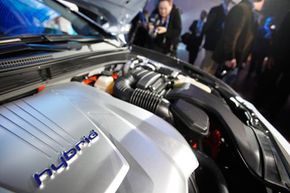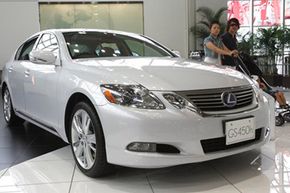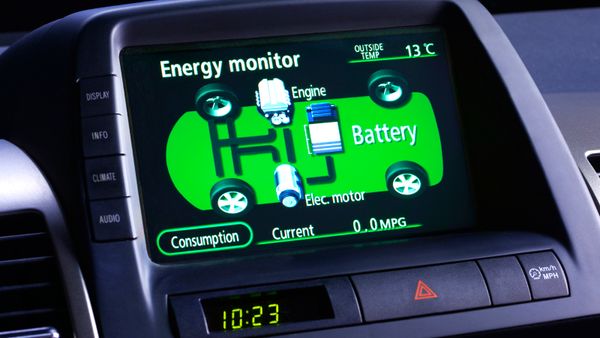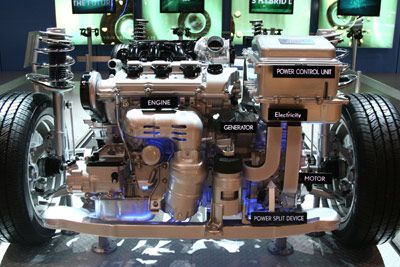We all know the old saw: Hybrid cars are underpowered. They save on gas and emissions, but drive one and you'll be relegated to the right lane.
Well, like most old saws, that one is untrue. Judging how powerful a hybrid is means more than just talking in terms of "underpowered" and "throw-you-back-in-your-seat." Like most cars, hybrids have their power output measured in horsepower. Horsepower is a unit that measures how much power an engine has to do work. In everyday terms, horsepower is the force your car's engine creates to move the car.
Advertisement
But, compared to gas-only cars, hybrids have much smaller engines. Hybrids have smaller engines for a reason: The smaller the engine, the lighter it is. With less weight, the engine doesn't have to work quite as hard to move the car over a given distance. Less work means the engine uses less fuel -- and isn't that the point of a hybrid?
On the other hand, the smaller the engine, the less horsepower it can create. That's why so many people think hybrids don't have enough power for everyday driving. When you compare the size of the gasoline engines in most hybrids to the engines in standard cars, the standard cars' engines tend to be bigger, and make more horsepower.
Look more closely at the issue, however, and you'll see that hybrids have a trick up their sleeve. Keep reading to learn exactly what that trick may be.
Advertisement



